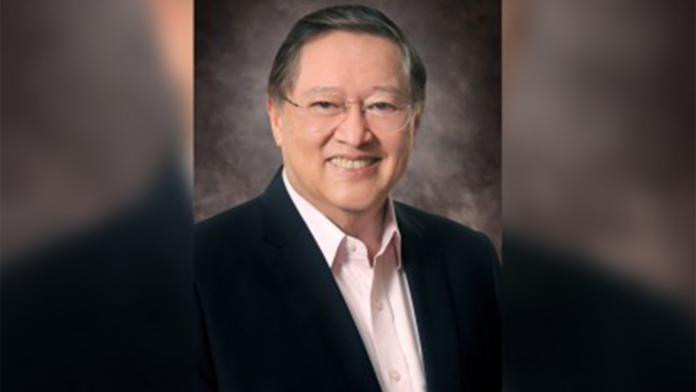The government’s bid to further push digitalization of the financial system, among others, will be closely coordinated with the private sector to fully achieve the goals for financial inclusion.
In his speech during the virtual Digital Pilipinas launch on Thursday, Finance Secretary Carlos Dominguez III said expertise of the private sector and its initiatives to adopt digital innovations “will help us anticipate the changes in the digital economy.”
“The private sector can help us provide a more nurturing policy environment,” he said.
Dominguez said having a large number of highly talented and tech-savvy young population is an advantage for the economy.
The young workforce, he said, “can provide the intellectual capital to fintech-focused investments.”
“I am confident that this partnership between the private sector and the government will help the Philippines bridge the digital divide and achieve President (Rodrigo) Duterte’s goal of financial inclusion for all Filipinos,” he added.
The need to hasten the government’s digitalization program was enhanced by the pandemic after the government implemented movement restrictions to address the spread of infections.
Dominguez said the government did not fail to collect revenues even after the pandemic hit last year because the Bureau of the Internal Revenue (BIR), among others, had already started its electronic tax collections some years back.
He said 90 percent of annual income tax returns were filed electronically in 2020, and it almost hit 100 percent this year.
He considers this a “breakthrough” after noting that only around 10 percent of taxpayers used the electronic tax filing system in 2015, or before the current administration reigned.
These gains were achieved with the help from multilateral agencies like the World Bank (WB), other governments like South Korea and Russia, and other institutions like the United States Trade and Development Agency, he added. (PNA)
Photo Credit: PNA


